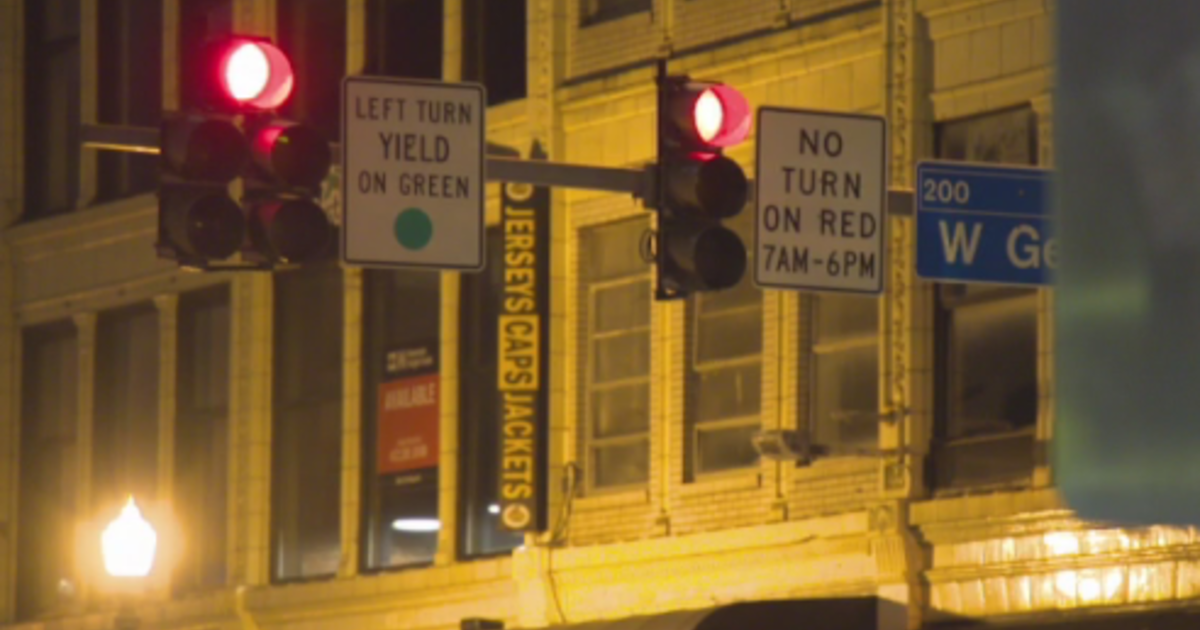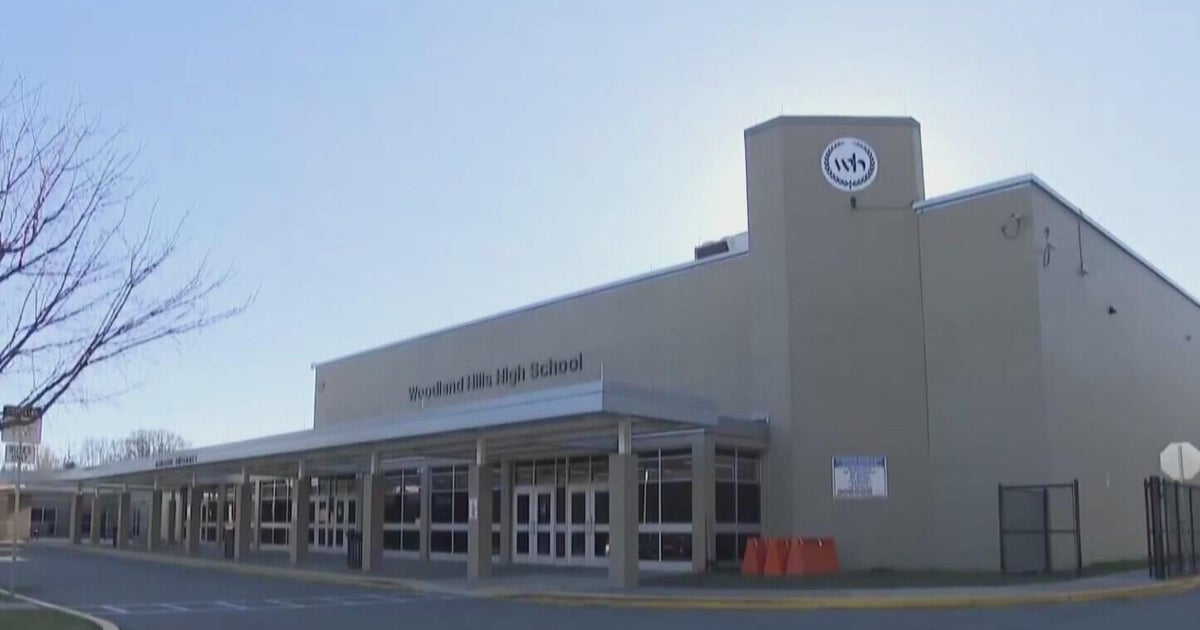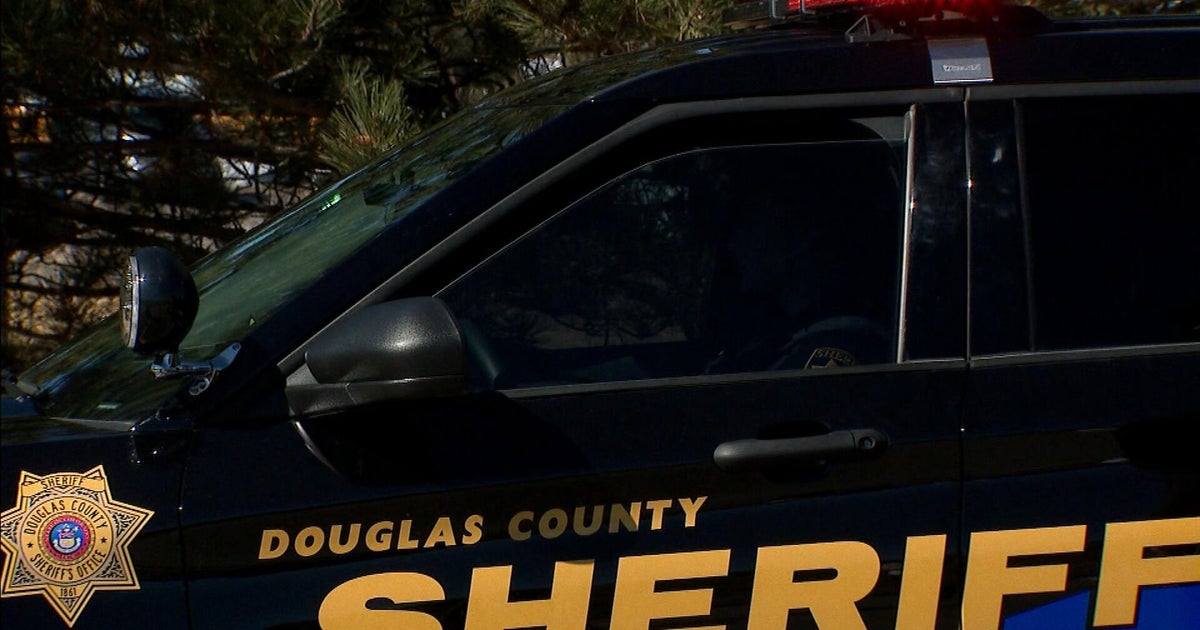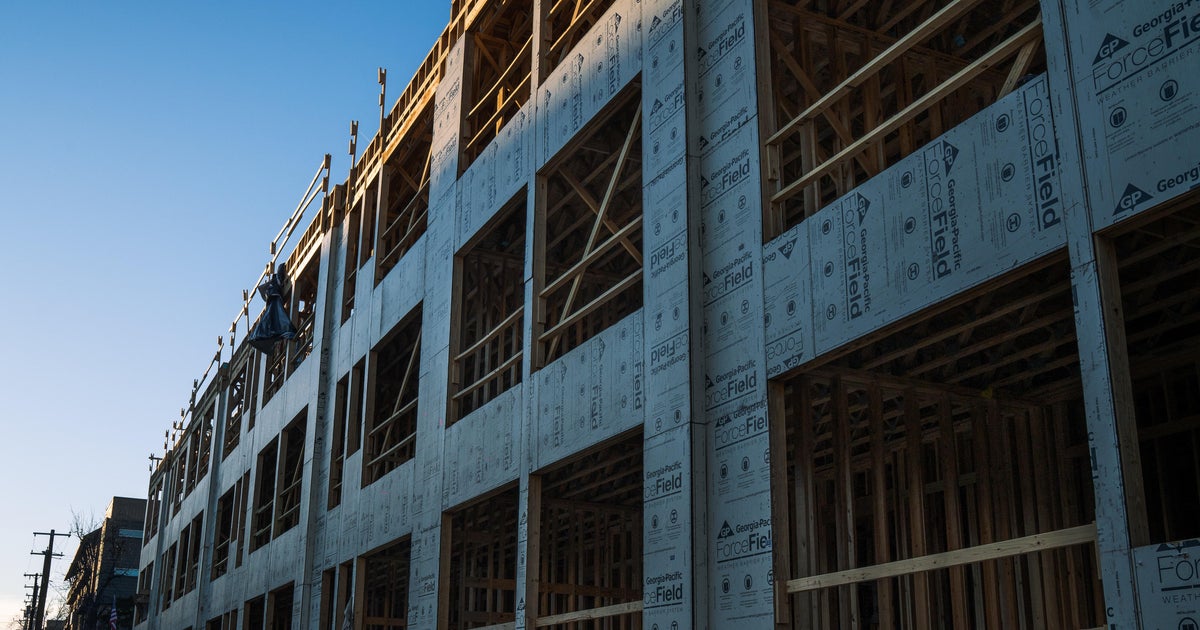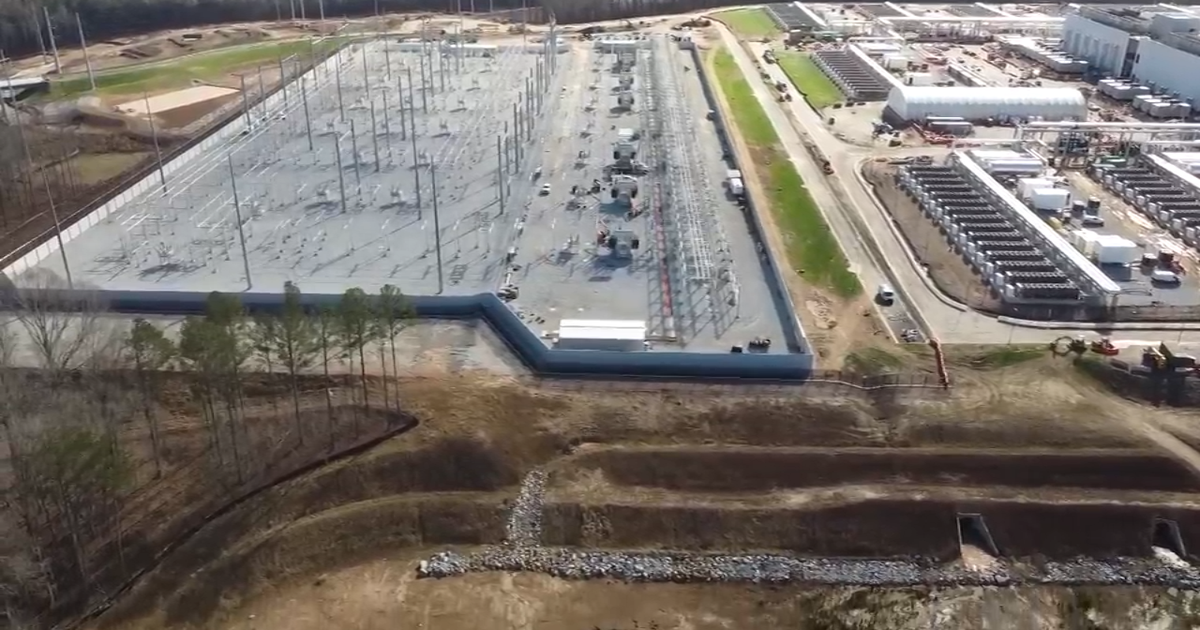BART Board to Make $20 Million Security Upgrade
OAKLAND (CBS SF) -- Responding to the public outcry over safety raised by the killing of Nia Wilson and other recent crimes, BART's Board of Directors approved a $20 million plan to expand the transit agency's network of digital cameras and install emergency call boxes on station platforms.
There are over 4,500 cameras already installed but not all of them are digital. Expanding and converting that network is estimated to cost $15 million and it will take more than four years to complete.
Pending the outcome of another meeting, the upgraded system of cameras could also be connected to a "physical security information system," or PSIM, which is already being tested at the Lake Merritt station.
Described as a "platform for enhanced video and alarm analytics, monitoring thousands of simultaneous video streams and automating response recommendations," by agency staff, the system drew criticism during a Thursday morning meeting from members of the public who raised concerns about privacy.
During public comment, several speakers raised questions about whether data collected by the PSIM or through facial recognition technology might be made available to corporate interests or other government agencies, such as U.S. Immigration and Customs Enforcement.
BART staff are still working on a privacy policy to govern such matters but one member of the public pointed out that even if the use of facial recognition technology were prohibited as a matter of BART policy, other agencies might be able to subpoena any data created and apply facial recognition technology to it without BART's knowledge or oversight.
That matter will be further discussed in a special meeting to be held at night in a suburban East Bay location, alongside several other plans suggested by BART staff. Those include additional proof of payment teams to battle fare evasion, a no panhandling ordinance within the paid areas of the BART system and the installation of video screens showing real-time security footage near the entrance of stations to remind them that they're entering an area which us under surveillance.
They'll also look at speeding up the agency's efforts to improve the physical barriers preventing fare evasion, like replacing fare gates, which could cost an estimated $150 to $200 million.
Meanwhile, BART police have been increasing their staffing levels by canceling days off for their officers and staff since Monday. For the next two weeks, those personnel will be working 10-hour shifts six days a week.
"I do want to say that I didn't take this decision lightly," Chief Carlos Rojas said during the meeting. "I know the impact it has on their personal lives."
During times of heightened concern, the agency also plans to dispatch teams of two to four employees who've been trained by the U.S.
Transportation Security Administration to provide extra sets of eyes and ears for police and to increase the visibility of station staff.
The board also asked General Manager Grace Crunican to come back with a plan on how BART can work with other agencies to address issues connected to homelessness and mental illness.
© Copyright 2018 CBS Broadcasting Inc. and Bay City News. All Rights Reserved. This material may not be published, broadcast, rewritten or redistributed
